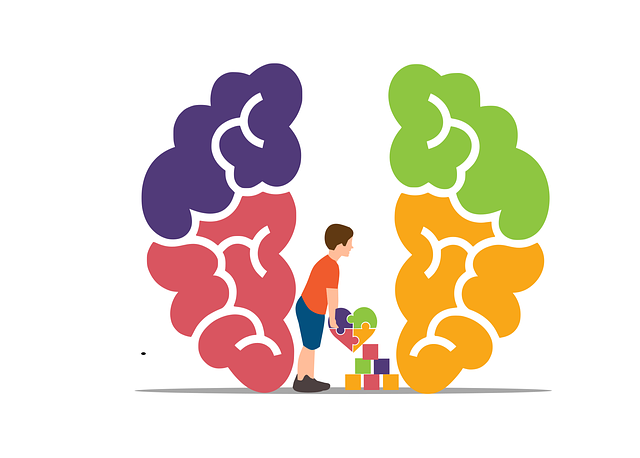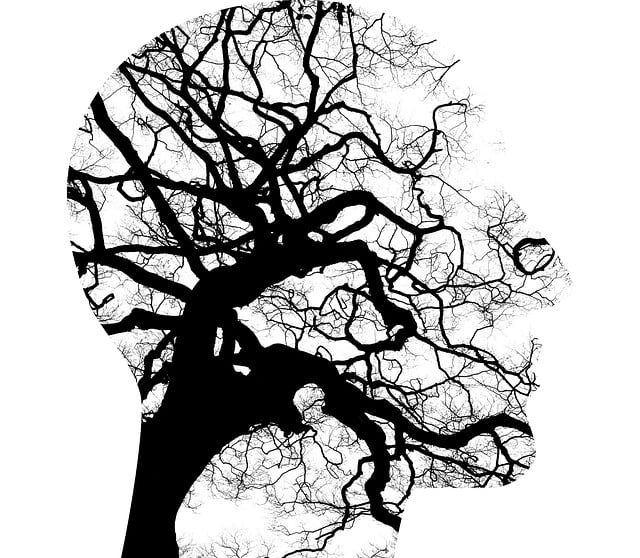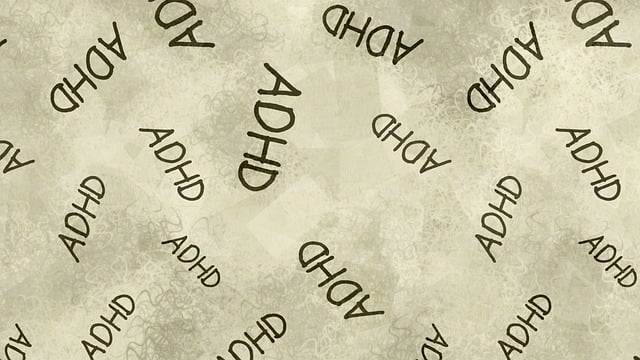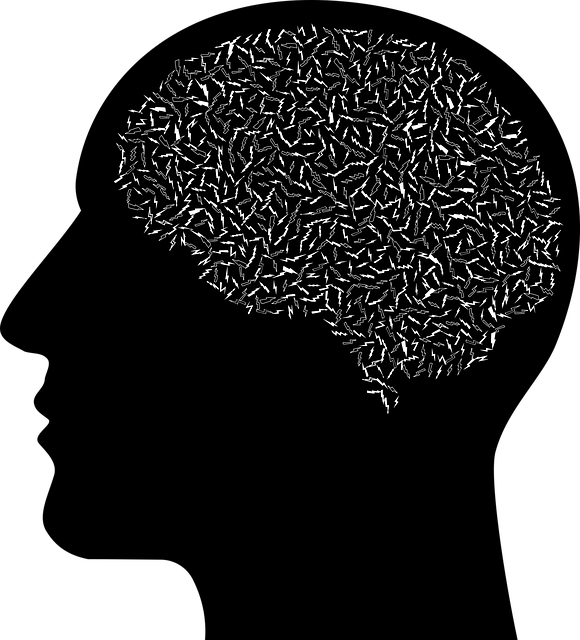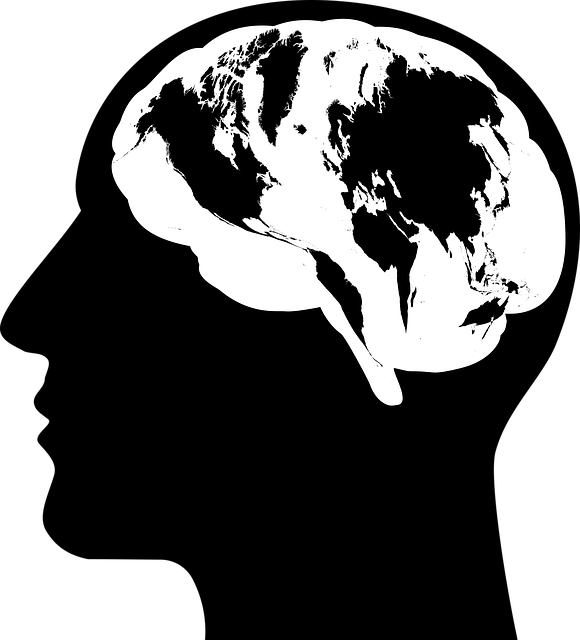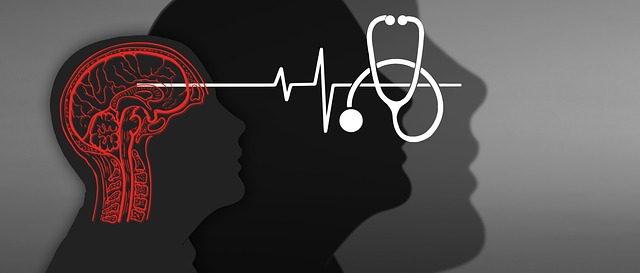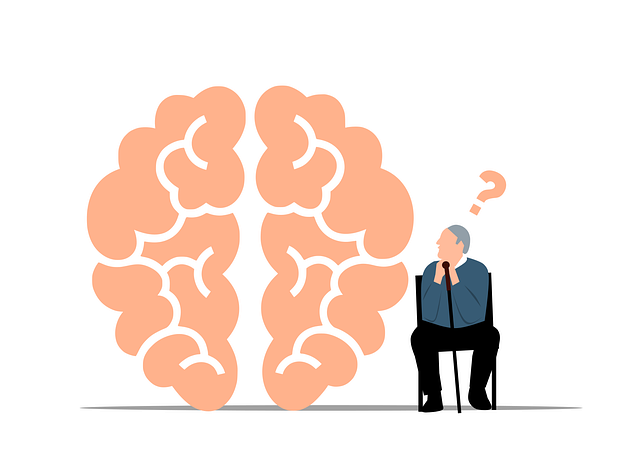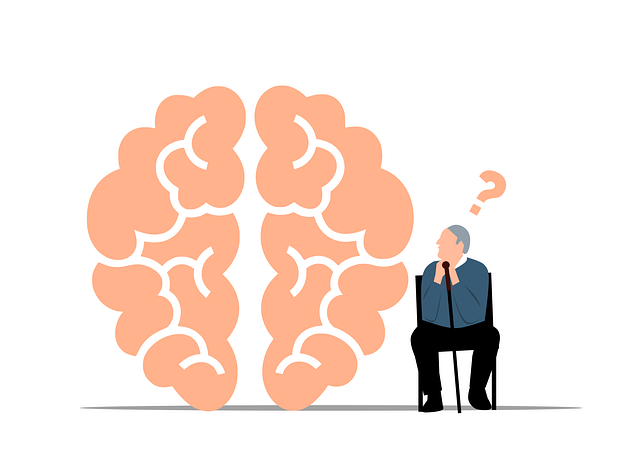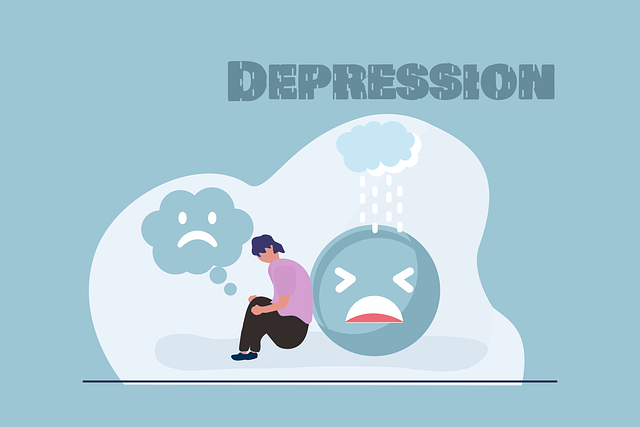Lone Tree Adolescent and Teen Therapy emphasizes data-driven approaches to mental health care. They collect and meticulously analyze both quantitative and qualitative data, identifying clients' struggles and strengths. Through advanced techniques like AI and machine learning, they predict mental health issues and develop personalized interventions, including tailored communication strategies and programs relevant to today's adolescents. This comprehensive data analysis enables them to create innovative treatment plans that go beyond traditional talk therapy, fostering self-awareness and lasting coping mechanisms for enhanced mental wellness.
Mental health data analysis is a powerful tool for understanding and improving well-being. This article explores the crucial steps involved, from Understanding Mental Health Data and Collection and Preparation to advanced techniques and practical applications. We delve into how organizations like Lone Tree Adolescent and Teen Therapy leverage data insights for tailored interventions, enhancing treatment effectiveness, and ultimately fostering healthier communities. Key topics include data quality, analysis methods, and interpretative strategies that transform raw data into actionable knowledge.
- Understanding Mental Health Data: A Foundation for Effective Analysis
- Collection and Preparation: Ensuring Quality Data for Interpretation
- Advanced Techniques in Mental Health Data Analysis
- Interpreting Results: Practical Applications at Lone Tree Adolescent and Teen Therapy
Understanding Mental Health Data: A Foundation for Effective Analysis

Understanding Mental Health Data is a pivotal step towards delivering effective therapy and support services, such as those provided by Lone Tree Adolescent and Teen Therapy. This involves meticulous collection, organization, and interpretation of various data points related to an individual’s mental well-being. By analyzing trends, patterns, and correlations within this data, therapists gain valuable insights into their clients’ struggles and strengths. Such knowledge is instrumental in tailoring interventions, including Trauma Support Services, Coping Skills Development, and Conflict Resolution Techniques, to meet the unique needs of each individual.
Accurate data analysis enables therapists to make informed decisions about treatment plans, track progress over time, and adapt strategies as necessary. This foundational step ensures that support services are not only targeted but also effective in fostering positive mental health outcomes. By leveraging data thoughtfully, professionals like those at Lone Tree Adolescent and Teen Therapy can provide more personalized care, ultimately enhancing the well-being of their clients.
Collection and Preparation: Ensuring Quality Data for Interpretation

The journey of mental health data analysis begins with a robust foundation: Collection and Preparation. At Lone Tree Adolescent and Teen Therapy, we understand that the quality of insights is directly tied to the integrity of the data. Therefore, we employ meticulous strategies to gather comprehensive and accurate information from various sources, ensuring that every piece contributes to a holistic view of our clients’ mental health landscapes. This involves not just collecting quantitative data through standardized assessments but also qualitative insights gleaned from therapy sessions, client self-reports, and observation notes.
The preparation phase is crucial in this process. Data must be cleaned, validated, and transformed into a format suitable for analysis. This meticulous work includes handling missing values, identifying and rectifying errors, and ensuring data consistency. By incorporating Compassion Cultivation Practices and integrating Stress Management and Reduction Methods throughout the collection and preparation stages, we create an environment conducive to accurate interpretation. These practices not only foster a deeper understanding of clients’ experiences but also contribute to a more nuanced analysis, enabling our team to deliver tailored interventions and support.
Advanced Techniques in Mental Health Data Analysis

In the realm of mental health data analysis, advanced techniques are transforming how we understand and support individuals’ well-being. These methods go beyond traditional statistical analysis, incorporating cutting-edge technologies like artificial intelligence (AI) and machine learning to uncover intricate patterns and insights hidden within vast datasets. By applying these sophisticated tools, researchers and therapists at Lone Tree Adolescent and Teen Therapy can gain a deeper understanding of youth mental health trends, enabling more personalized interventions. For instance, AI algorithms can identify subtle correlations between various data points—from social media activity to sleep patterns—to predict and prevent emerging mental health issues, such as stress-related disorders or low self-esteem.
Furthermore, these advanced techniques facilitate the development of tailored communication strategies and confidence-boosting programs. By analyzing feedback from therapy sessions, group discussions, and online platforms, professionals can design targeted interventions that resonate with diverse adolescent and teen populations. This data-driven approach not only enhances treatment outcomes but also ensures that stress management techniques, communication strategies, and confidence-building activities are culturally sensitive and relevant to the needs of today’s young individuals.
Interpreting Results: Practical Applications at Lone Tree Adolescent and Teen Therapy

At Lone Tree Adolescent and Teen Therapy, interpreting the results of mental health data analysis is a critical step in developing effective treatment plans. Therapists meticulously examine trends and patterns within the collected data to gain insights into each client’s unique challenges and strengths. This process involves not only quantitative analysis but also qualitative interpretations, considering factors like changes in mood, behavior, and self-reported symptoms over time.
By leveraging these insights, therapists can tailor interventions that go beyond traditional talk therapy. For instance, they might integrate Positive Thinking and Mind Over Matter principles into the treatment framework. Encouraging adolescents to keep a Mental Wellness Journaling Exercise Guidance can provide a safe space for them to express their thoughts and emotions, fostering self-awareness and resilience. This holistic approach ensures that clients not only address immediate concerns but also develop lasting coping mechanisms, ultimately enhancing their mental wellness.
Mental health data analysis is a powerful tool for understanding and improving adolescent well-being, as demonstrated by the successful applications at Lone Tree Adolescent and Teen Therapy. By combining robust data collection with advanced analytical techniques, professionals can uncover valuable insights to inform treatment strategies. This article has provided a comprehensive guide to navigating this process, from establishing a strong data foundation to interpreting results effectively. Through continued exploration and innovation in mental health data analysis, we can enhance support for young minds across various settings.
